
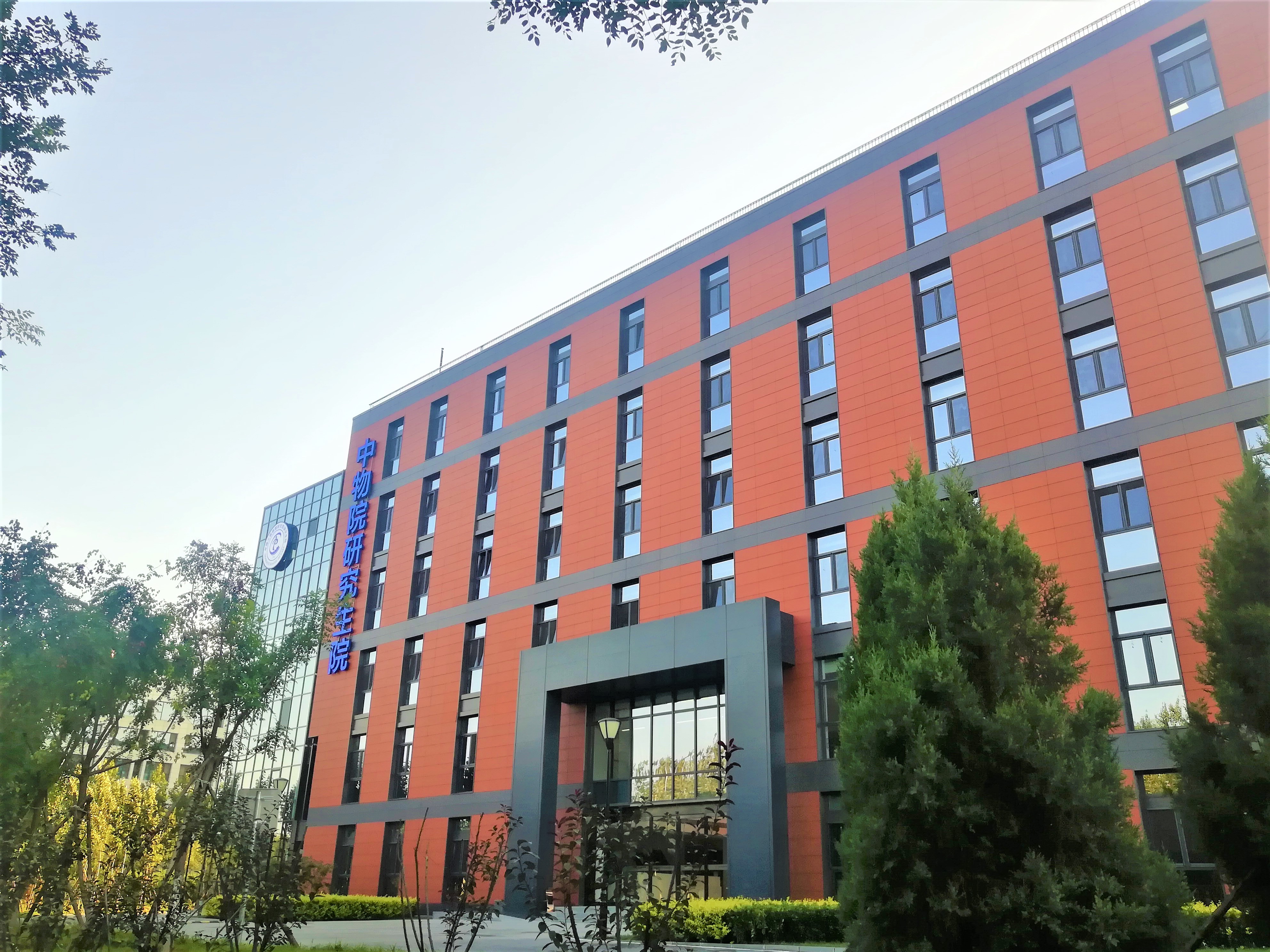
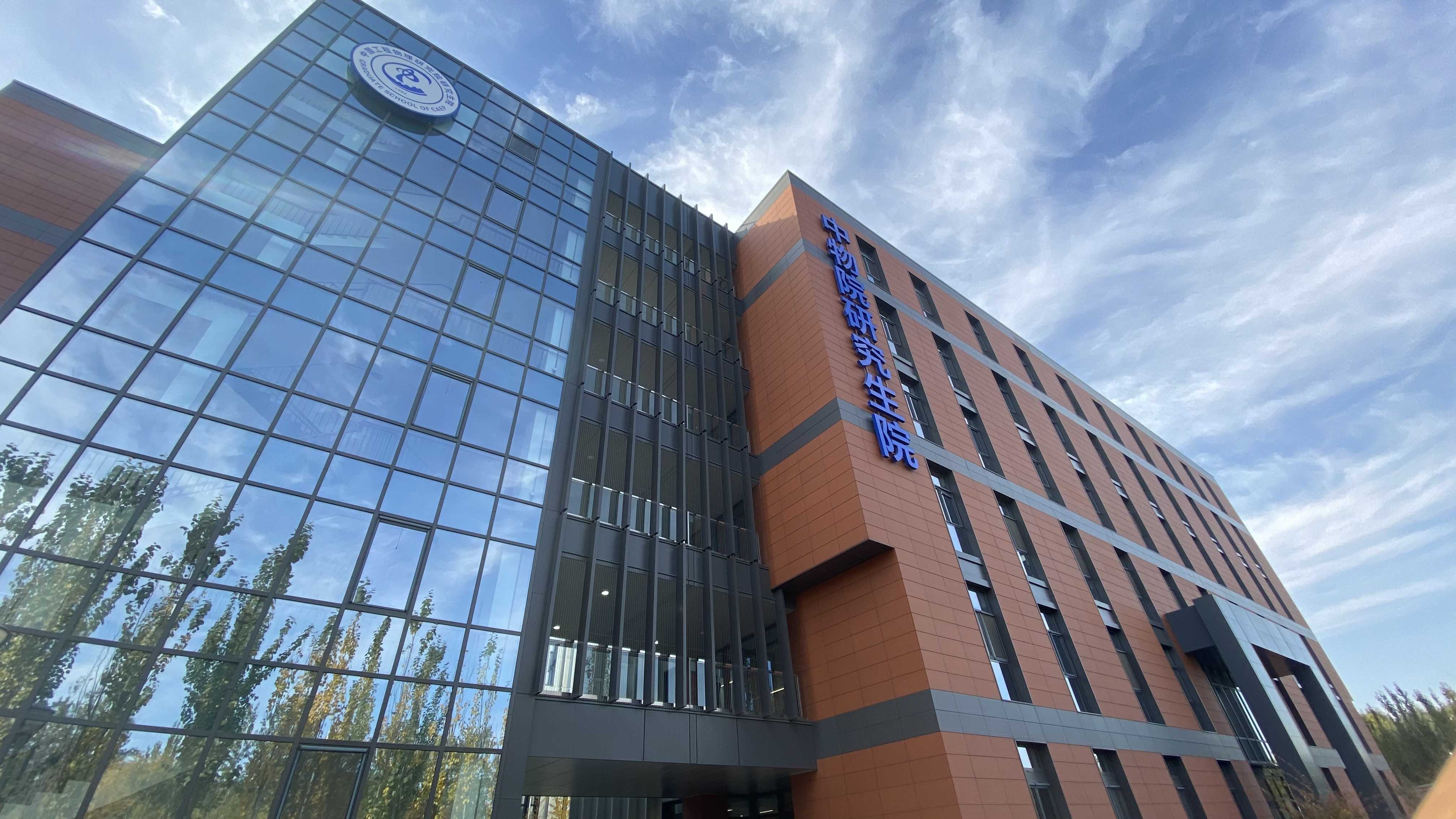
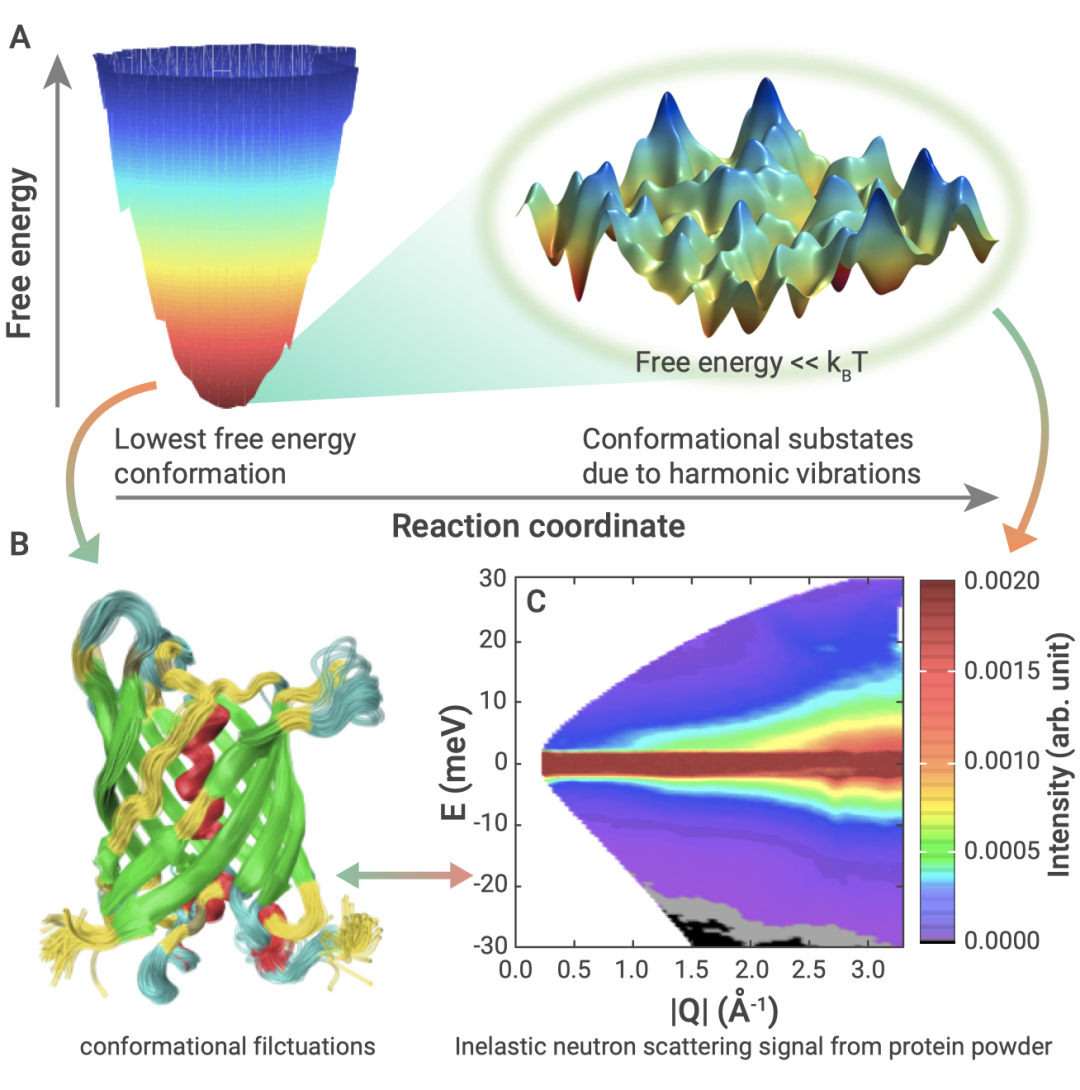

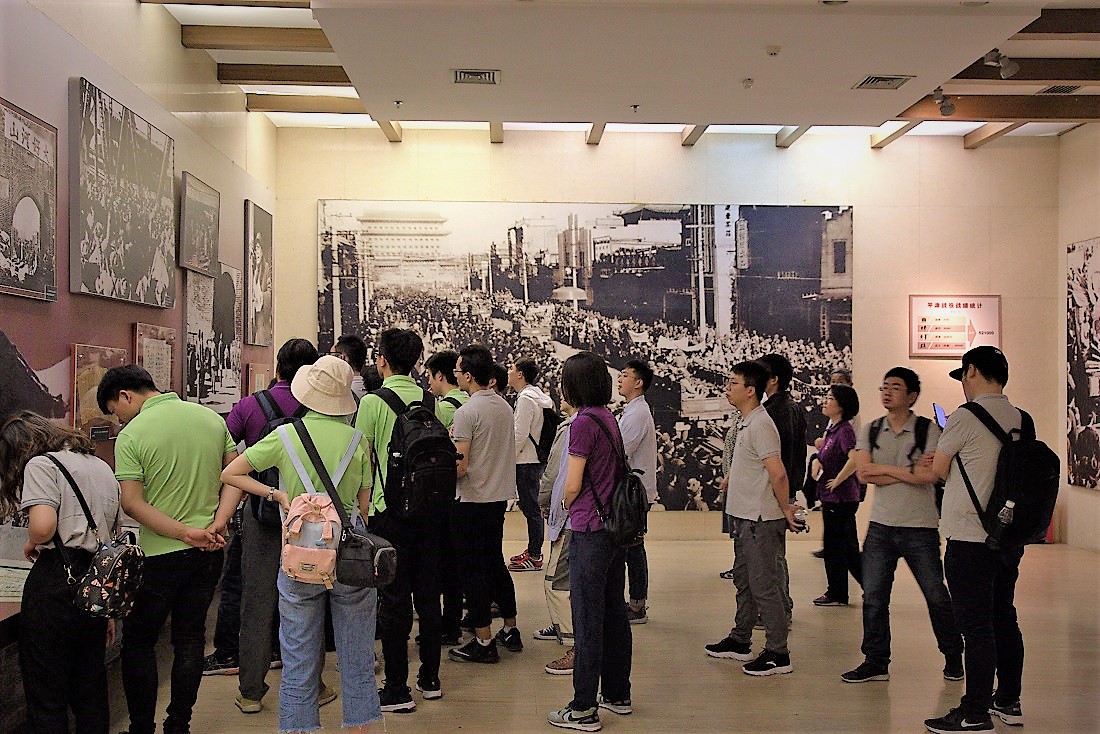









The 2023 Tutor Exchange Conference of the China Academy of Engineering Physics was successfully held in Chengdu on June 8.
The conference attracted over 90 tutors from different training units and disciplinary backgrounds. The meeting consisted of a plenary report and group discussions, chaired by Guiyan Liang, Vice Dean of the Graduate School.
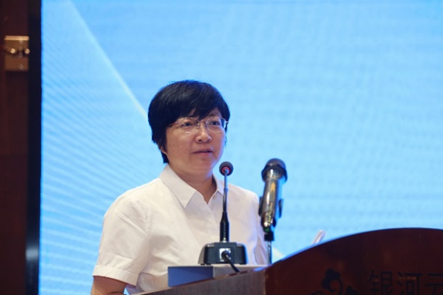
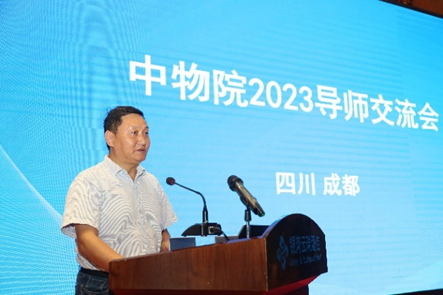
The conference began with a welcome speech by Kaiding Wei, Minister of Human Resources Department. Subsequently, Jialiang Ni, Secretary of the Graduate School Party Committee, welcomed and thanked the participating tutors on behalf of the Graduate School. Vice Dean Libin Fu presented an overview of the recent overall development of the Graduate School, including its positioning, organizational structure, talent development in scientific research and education, preliminary achievements in research and education, and future development plans. He emphasized that in the current situation, the Graduate School should adhere to the synergy of science and education, enhance the construction of the tutor team, improve the tutors' basic research level, and promote disciplinary development and the cultivation of interdisciplinary talents.

Following that, Shuming Peng, Director of the Teaching and Research Office of Nuclear Science and Technology, shared his experience in graduate student training over the past two decades. He introduced the characteristics of graduate student education and its contributions to the national and strategic needs based on the development of graduate education and disciplinary construction at the Institute of Nuclear Physics and Chemistry.

Wanguo Zheng, Director of the Teaching and Research Office of Optoelectronics and Communications, shared their experience in tutor team construction and graduate student training, using the example of graduate education in the Optical and Mechanical Engineering Specialty of the Laser Fusion Research Center. This included establishing communication groups, tutor training, graduate student recruitment promotion, academic exchange platform construction, and graduate student training process management.

Xiaoyu Ji, Deputy Director of the Research Center of the General Engineering Institute, introduced the establishment and utilization of the engineering science and technology problem database at the institute level. He emphasized that the role of the problem database is to promote the improvement of engineering literacy and scientific literacy among researchers, and it should adhere to the principles of demand traction and dynamic adjustment.
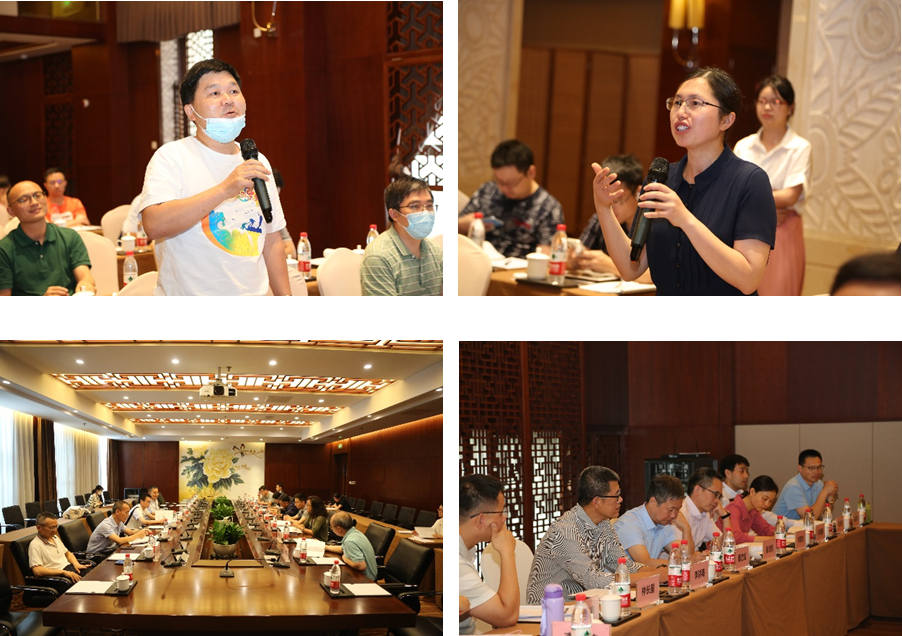
The group discussion session was hosted by Director Shuming Peng, Director Wanguo Zheng, Associate Director Wei Su, Associate Director Xiaowen Xu from the Mathematics Teaching and Research Office, and Researcher Huiyang Gou from the Materials and Chemistry Teaching and Research Office. Each group conducted enthusiastic discussions on five aspects and reached a consensus on the following suggestions:
1.Graduate student training plays an important role in the development of our institute's main business, especially in solving engineering problems through the synergy of science and education and promoting the construction of interdisciplinary talent teams.
2.The close correlation between graduate student research topics and tutors' scientific research work indicates the positive role of graduate student training in promoting scientific research.
3.The understanding, implementation, and effectiveness of the tutor's primary responsibility system in graduate student training need to be strengthened. It is recommended to establish and improve the tutor evaluation and exit mechanisms, perfect the rewards and punishments system, and strengthen the promotion and popularization of the tutor's primary responsibility system to ensure its effective implementation.
4.The current graduate student training process faces some major difficulties. It is suggested to strengthen recruitment promotion and employment guidance, address the issues of intake and outflow, and pay attention to students' mental health by providing assistance and support.
5.Provide a platform for communication among various units, and organize diverse student activities with the aim of strengthening academic exchange among graduate students and enhancing their sense of belonging.

Finally, Ni Jialiang, Secretary of the Graduate School Party Committee, made a concluding speech: Since 1984, graduate education has played an irreplaceable and significant role in the development of our institute's career, talent team construction, disciplinary construction, and scientific and technological innovation. Tutors, as the first responsible persons in graduate student training, play a crucial role at every stage of graduate student education. In the future, the Graduate School will continue to strengthen the construction of the tutor team, establish and improve the tutor evaluation system, and institutionalize and normalize tutor training and exchange work. This will lay a solid foundation for the high-quality development of graduate education and promote the construction of distinctive graduate education.
